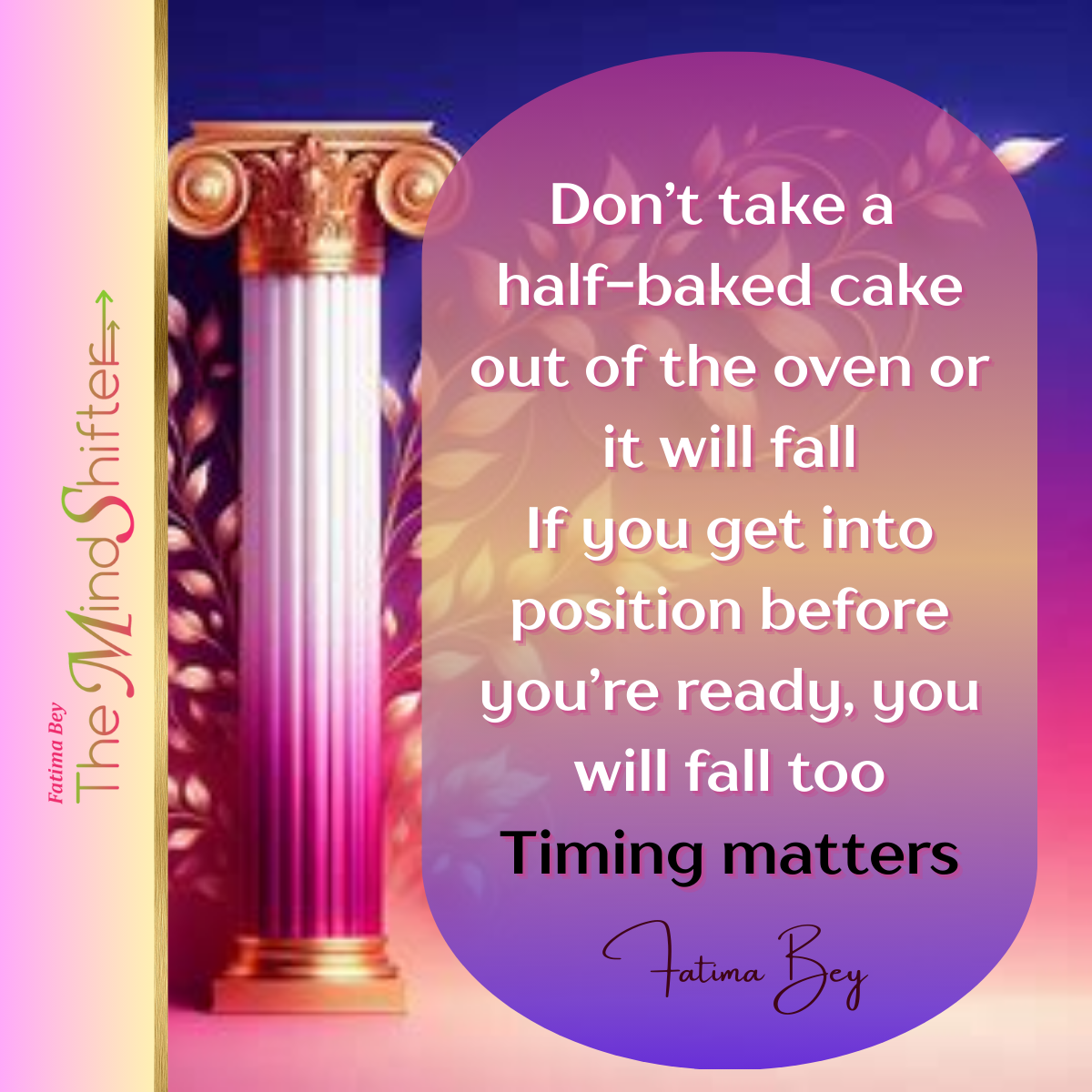The Jealousy Mirror: Confronting the Face that Holds You Back
If this made you think, it could do the same for someone else. Pass it on.

The Many Faces of Jealousy and How to See Through Them
Jealousy is like a face. It can express itself in many different ways.
You've felt it before, haven't you? That twist in your gut when someone gets praised for their work. The burning sensation when an old classmate announces their dream job on social media. The quiet resentment when your friend finds a loving relationship while you're still searching.
Today I want to take you deep into the psychology of jealousy – not just to point fingers, but to provide clarity and a path forward.
Jealousy Goes Beyond Simple Wanting
Let me clarify this right away: jealousy is not just wanting what someone else has. It's deeper than that. Jealousy is when you want to harm the person for having what you don't.
This harm isn't always physical – in fact, it rarely is. Instead, it manifests as wanting to damage their reputation ("She only got that promotion because she's the boss's favorite"), undermine their relationships ("He doesn't really care about you, he's just using you"), diminish their accomplishments ("Anyone could have done that with the advantages she had"), or sabotage their opportunities ("I forgot to tell you about that deadline – oops!").
Think about it. Have you ever:
- "Forgotten" to pass along an important opportunity to a colleague?
- Spread gossip about someone who's succeeding?
- Minimized someone's achievements by attributing them to luck or privilege?
- Found yourself obsessively scrolling through someone's social media, feeling worse with each image?
If so, you're likely experiencing the ugliness of jealousy.
Jealousy Wears Unexpected Disguises
Money, status, and physical appearance aren't always the triggers for jealousy that people assume. In my years of coaching, I've found that jealousy often hides in less obvious places.
One of the most common sources is attention. When someone who used to be "at your level" suddenly gets more recognition, praise, or simply more eyes on them than you do, that sting you feel is jealousy in its purest form.
I worked with a client – let's call her Amara – who couldn't understand why she felt such animosity toward a longtime friend. They'd started their businesses around the same time, but her friend's had recently taken off, receiving local press coverage and community recognition. Amara found herself making snide comments about her friend's success, suggesting it was just "good marketing" rather than a quality product.
Once we identified the jealousy, Amara could see that she wasn't actually angry at her friend – she was angry that she wasn't receiving the same recognition. The solution wasn't to tear down her friend but to channel that energy into her own growth.
The Self-Defeating Cycle of Jealousy
Here's the not so obvious truth about jealousy: it's an energy vampire. Jealous people often expend more energy obsessing over others' success than building their own.
There was a man – we'll call him James – who spent hours each week analyzing a competitor's marketing strategies, website updates, and client testimonials. He would message me in frustration about each new achievement this competitor posted. When I asked how many hours he'd spent improving his own business that week, the silence was deafening.
The irony? In many cases, what people are jealous of is actually within their reach. But they're so consumed by monitoring others that they have no energy left to pursue it for themselves.
For Those on the Receiving End of Jealousy
If you've been targeted by someone's jealousy, first understand this: you are not the problem. Their reaction to your success reveals their insecurity, not your unworthiness.
Signs you might be dealing with someone's jealousy:
- They diminish your accomplishments or find ways to attribute them to external factors
- Their support feels conditional or disappears when you're thriving
- They spread rumors or make undermining comments about you to others
- They copy your ideas or methods without acknowledgment
- They become oddly competitive in areas that weren't previously contentious
A coaching client, we'll call her Lisa, couldn't understand why her promotion had created such a rift with her office "friend." This colleague had begun excluding her from lunch invitations, making subtle jabs in meetings, and even withholding important information. When Lisa confronted her directly, the colleague broke down, admitting she felt "left behind" and "replaced."
If you're experiencing this, set clear boundaries. You don't need to dim your light to make others comfortable. Their jealousy is their responsibility to manage, not yours to accommodate.
Recognizing Jealousy in Yourself
Most people who experience jealousy don't recognize it for what it is. Instead, they justify their feelings:
"I'm just being realistic about their limitations." "I'm concerned about fairness." "I'm protecting the team/group/community." "I'm just telling the truth that everyone's thinking."
I will say this: if you find yourself preoccupied with someone else's success, constantly comparing yourself, or feeling pleasure when they experience setbacks – you're dealing with jealousy.
The first step to overcoming it is simply naming it. "I am feeling jealous." There's power in this admission because it shifts the focus from them back to you, where the real work needs to happen.
Transforming Jealousy into Growth
If you've recognized jealousy in yourself, congratulations. That awareness puts you ahead of most people who remain trapped in denial.
Here's your roadmap for transformation:
- Acknowledge the feeling without judgment. Jealousy is a human emotion; feeling it doesn't make you a bad person.
- Ask yourself: "What does this person have that I want for myself?" Be specific.
- Now the crucial question: "What steps can I take to move toward that goal?"
- Transform the energy of jealousy into motivated action. Channel it productively.
- Practice vicarious joy – finding joy in others' success. Start small, by genuinely congratulating someone and sitting with the discomfort.
A man named Marcus realized he was deeply jealous of a colleague's confidence during presentations. Rather than continuing to undermine this colleague behind his back, Marcus enrolled in a public speaking course and asked the colleague for advice. Not only did this improve his own skills, but it transformed a toxic relationship into a mentorship.
Breaking Free from the Comparison Trap
Jealousy thrives in the soil of comparison. In today's hyperconnected world, we're constantly bombarded with curated highlights of others' lives and achievements.
Remember: you're comparing your complete reality – with all its complexities, setbacks, and nuances – to someone else's highlight reel.
The antidote is to cultivate clear-eyed self-awareness about your own journey. What are your unique strengths? What challenges have you overcome that others might not see? What goals are authentic to you rather than reactions to others' success?
The Liberation of Celebrating Others
The ultimate sign that you've overcome jealousy is when you can genuinely celebrate others' wins without mentally diminishing them or feeling bad about yourself.
This isn't just good for your relationships – it's transformative for your mindset. When you stop seeing others' success as a threat to yours, you open yourself to abundance thinking. You begin to see that success isn't a limited resource, and someone else's achievement doesn't diminish your potential.
I've seen clients transform from secretly hoping their colleagues would fail to becoming their biggest cheerleaders – and experiencing unprecedented success themselves as a result.
Final Thoughts: Choose Growth Over Resentment
Jealousy is a natural human emotion, but letting it drive your actions is a choice. And it's a choice that ultimately hurts you more than the person you're jealous of.
When you feel that familiar twist of jealousy, treat it as information – a signal pointing to something you desire for yourself – rather than a reason to tear others down.
You can have what you're jealous of. Not by taking it from someone else, but by creating it for yourself. The energy you've been spending on jealousy? Redirect it toward growth, and watch how quickly your focus shifts from what others have to what you're building.
Remember: the person who triggered your jealousy might just be showing you what's possible for your future.
Fatima Bey The MindShifter
International Speaker, Coach & Creator of the MindShift Universe









